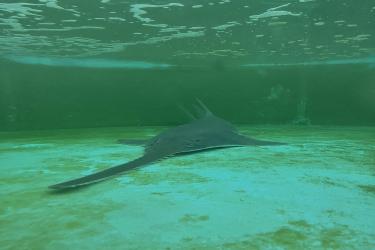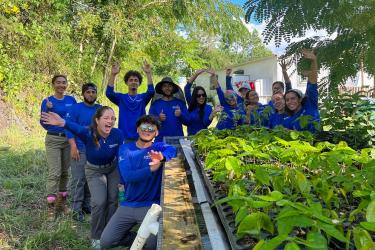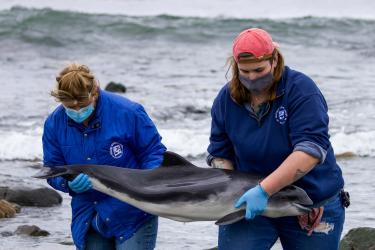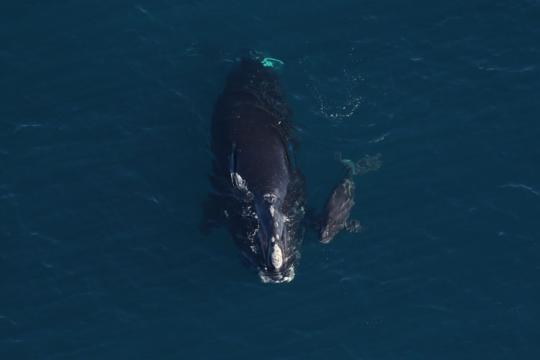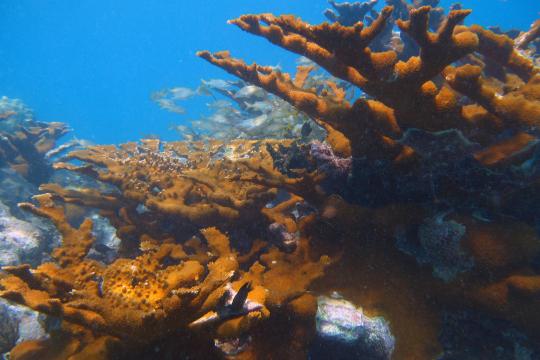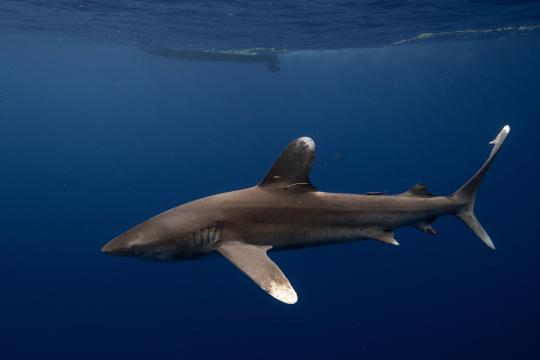Where did you grow up?
I grew up in Fairfax County, Virginia.
Where did you go to school and in what subject did you get your degree(s)?
I graduated with a Bachelor’s degree in Marine Science from a Historically Black University—Hampton University in Virginia. I graduated as a Doctor of Veterinary Medicine from the University of Florida in Gainesville. I then completed my pathology residency training in the Combined Postdoctoral and Diagnostic Comparative Anatomic Pathology Program at the University of Miami.
How did you come to work at the Southeast Fisheries Science Center?
I started working at the science center as a student summer intern. That expanded into my participation in a work study training program and then a federal position with the center.
What do you do at the Science Center?
I lead and manage scientific and technical issues related to health and disease of marine mammals for the center’s Marine Mammal Health and Stranding Response Program. I help to develop and lead research that supports comprehensive veterinary and ecosystem health management approaches for marine mammals and aquatic animals. In doing so, I conduct mortality investigations on dead stranded marine mammals, kind of like when a medical examiner does an autopsy on humans. This includes leading necropsies and subsequently “reading” tissue samples taken during necropsies using a microscope to identify disease if present. I also conduct visual health assessments on free-swimming cetaceans for body condition and skin lesions.
You recently received an award from the South Florida Executive Board. Congratulations! What were you recognized for?
The South Florida Executive Board named me as the 2021 Federal Employee of the Year Awards in the Scientific Category. I was acknowledged for my scientific achievements, including:
- Assisting with a forensic investigation of a high-profile dolphin unusual mortality event
- Advancing our scientific knowledge of freshwater impacts on bottlenose dolphins
- Developing new protocols to assess the health and body condition of a critically endangered whale
I was also acknowledged for my community contributions:
- Supporting underserved communities in Coconut Grove Village West, an area founded by Bahamian settlers and craftsmen prior to the establishment of the City of Miami.
- Serving as President of the Elizabeth Virrick Park Committee, Inc., a non-profit organization advocating for and providing guidance to the City of Miami regarding program management of Virrick Park for youth and families in an underserved community
- Advocating for community rights such as housing and equal opportunities for economic development as a member of the Grove Rights and Community Equity, Inc., a non-profit cooperative organization of churches and civic organizations in the community
What do you like most about your position?
I enjoy being a marine mammal veterinary pathologist. It is thrilling to be able to discover and unravel the complexities of disease and non-infectious disease impacts on individual animals, and collectively as a population. I find it interesting how the health of the environment can also impact marine mammal health and population success.
What do you like to do outside of work?
I enjoy engaging in community service and educational outreach activities for underrepresented and economically disadvantaged youth in my community. I am passionate about advocating for affordable housing and economic development in underserved communities via engagement of nonprofit organizations and municipal advisory board positions.

